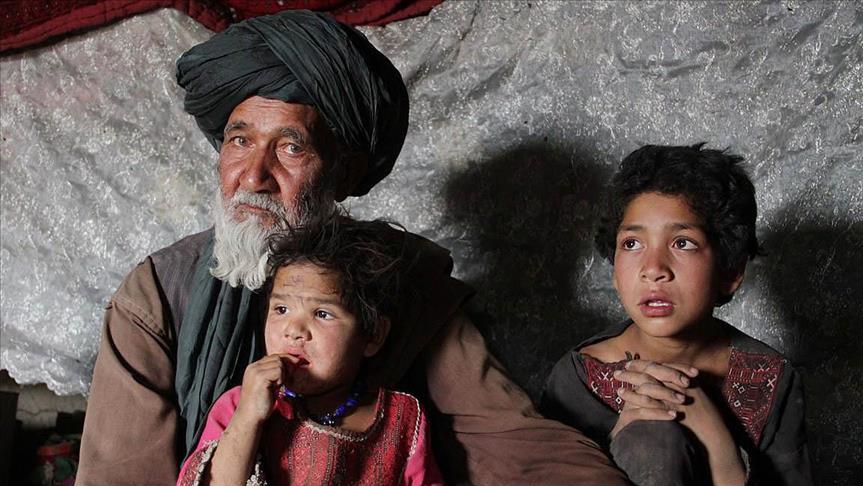Afghan Sikhs, Hindus fear violence but long for home
Violence has forced many of Afghanistan's Hindu, Sikh minorities from home but many long to return

By Zabihullah Tamanna
KABUL
When the Taliban seized Afghanistan's capital Kabul in 1996, Gurvinder, an Afghan Sikh, sold his properties and left the country.
He has since lived in India as a refugee, "but I am homesick for my home country Afghanistan and waiting for the right conditions to return to my homeland."
"India won't issue me a national identity card and Afghanistan's situation doesn't allow me to return to my home country and re-establish my grocery shop there in Kabul," Gurvinder, now in his 50s, tells Anadolu Agency.
He was one of thousands of Hindus and Sikh Afghans who fled the country during the series of conflicts that have persisted over the past 40 years. Many of them fled to India or Europe but still cling to a hope of returning.
The population of the Hindu and Sikh minorities has dwindled in Afghanistan since the invasion of the Soviet Union in the 1980s, which spilled over into a series of civil wars that often took on sectarian dimensions.
There were once 50,000 Hindus and Sikhs families living in Afghanistan; the number has now dwindled to a few thousand.
At a Hindu temple in eastern Nangarhar province, a man ushered Anadolu Agency's reporter into a corner to whisper: “please interview me, then I can seek asylum in the U.K. or any other European country.”
Despite his eagerness to leave, he immediately changed his mind, fearing that being named in any story could lead to reprisals from the Taliban or other factions.
The situation for Afghan minorities returned to the fore in 2014 when Meet Singh Kapoor, 40, died after he and 35 others were found hiding inside a shipping container arriving in the U.K.. Kapoor and his family were trying to escape death threats and extortion from local warlords in Nangarhar.
Like the rest of the Afghan populations, Sikhs and Hindus speak Persian and Pashto but many also speak their own languages, including Hindi, Bengali and Hindko. Their businesses are mainly focused on selling textiles and herbal medicinces, though some also work as exporters, or even soothsayers on the streets of the capital Kabul.
Though Sikhs and Hindus are often regarded by other Afghans as newcomers to the land, they themselves say that Afghanistan is their home; in the past they populated much of the country, including major cities of Kabul and Kandahar.
In 2013, former President Hamid Karzai had ordered a reserved seat for Hindus and Sikhs in Afghan parliament, though it was dismissed in August this year.
Many Sikhs say they have faced increasing hostility recently, especially with defected Taliban fighters regrouping under the more hardline banner of Syria-based militant group Daesh.
“Taliban only ordered us to mark ourselves with yellow patches but it seems Daesh won’t let us go alive,” says Dr. Anor Singh, 38, who treats both people from all religions.
Sitting in one of the two remaining Sikh Gurdwaras in Nangarhar, founded in 1520, he says there are numerous challenges for Sikhs in Afghanistan, who are still treated as migrants by many.
“Sikhs used to live in every single district of Nangarhar province but endless war and lack of safety forced them to move to [provincial capital] Jalalabad,” Singh says.
Anadolu Agency website contains only a portion of the news stories offered to subscribers in the AA News Broadcasting System (HAS), and in summarized form. Please contact us for subscription options.







